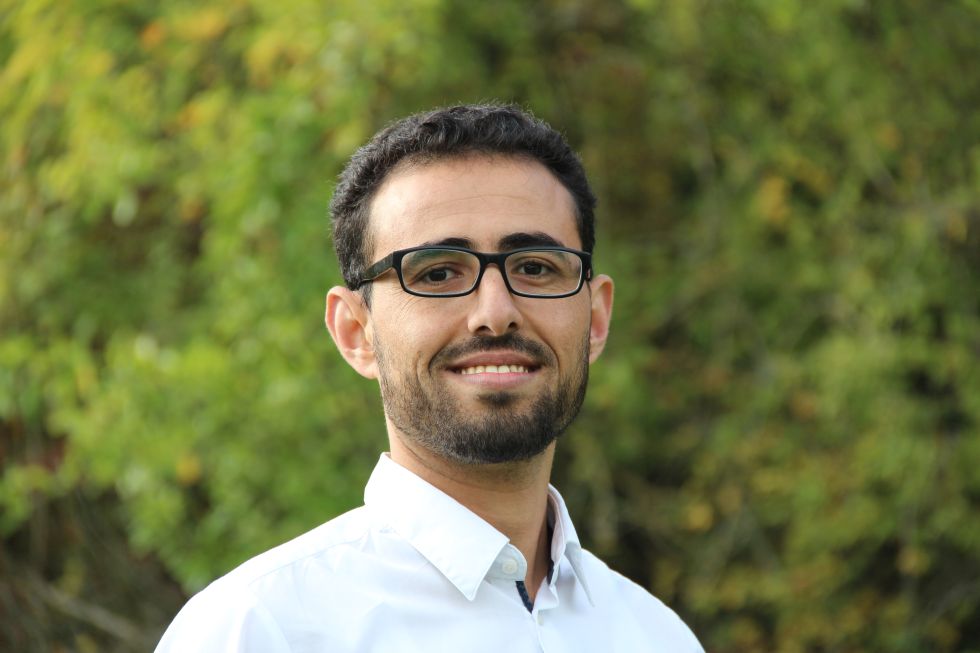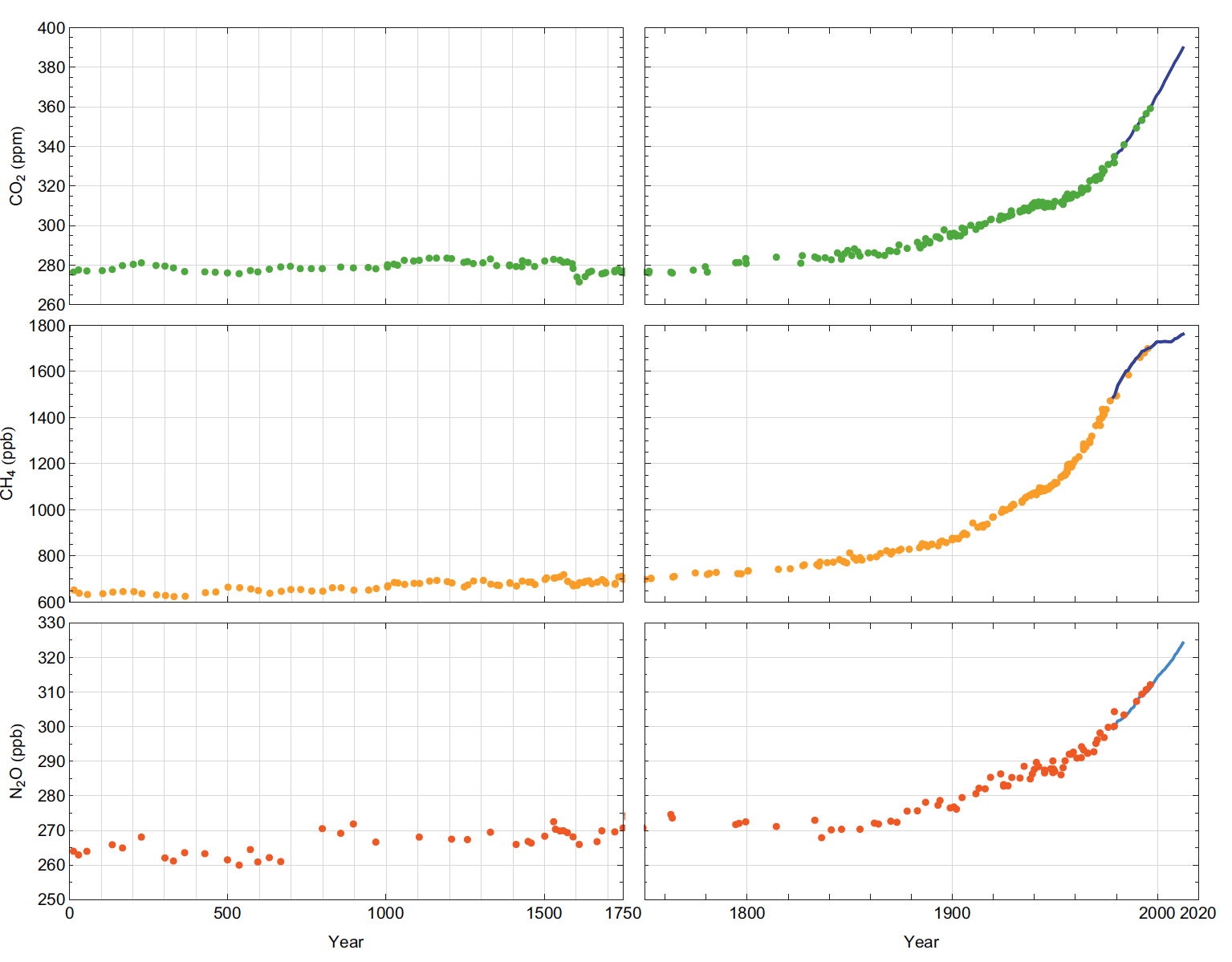
“ICOS is a great organisation. The data sets they provide are a great asset for my PhD project,” says Saqr Munassar. The PhD student works at the Max-Planck Institute for Biogeochemistry located in Jena, a small city in the Eastern part of Germany. “Jena is located in a very nice terrain because of its mountains and forests. Sometimes when I am hiking, I am stunned by the beauty of its nature. I see scientific processes everywhere I look at. In fact, science is a huge part of my life,” he says. Another huge part of Saqr’s life is climate research. The PhD student uses inverse modeling tools, developed in Jena, to estimate the surface-atmosphere exchange of carbon dioxide over the European continent in a pre-operational inverse system. To reduce uncertainty in his research outcome, Saqr makes use of ICOS’ data. “ICOS atmospheric data goes through many steps for quality checks before one can access it. That is the reason why these data products can be used in inverse modeling. I can fully trust its high quality,” Saqr explains. The ICOS research infrastructure responds to the international goal of reducing greenhouse gas emissions. This is done, for example, by providing accurate data on greenhouse gases in the atmosphere. ICOS aims to make data accessible and interoperable in order to ensure optimal services for researchers, like Saqr Munassar, in their efforts to progress with climate research.
“We have to remember that our climate system is very fragile”
Saqr Munassar’s research is funded by a European project called VERIFY. The project independently verifies greenhouse gas budgets at continental and national scales. This is done to support countries in reporting their nationally determined emissions to the UN Climate Change Convention Secretariat. “The research project VERIFY includes different work packages. As part of my PhD project, I am involved in developing an inverse system to quantify carbon dioxide’s sources and sinks over Europe, ” Saqr explains. Climate science sets a specific limit of anthropogenic emissions that can be spent by countries. If this limit is exceeded, global warming will develop faster.
“I have always been curious to learn how the climate is changing and what we can do to mitigate its consequences. We have to remember that the climate system, with its underlying components, is very fragile. A simple example: If there is too much carbon dioxide in the atmosphere the acidification of oceans can increase. This has a direct influence in marine ecosystems. Nevertheless, climate mitigation plans are highly ambitious and our projections hopeful, but the verification of these actions needs to be improved. That’s why we have to do more research,” Saqr says.

In order to do his work accurately, Saqr depends on standardised atmospheric data. The reason: In environmental monitoring, the measured atmospheric data is often coupled with noise. This is problematic because noisy data is distorted and can lead to a false sense of accuracy. Here, inverse modeling tools help to extract hidden information from measurements that might be noisy. “We try to use near real-time data from the ICOS Carbon Portal in our models. We always calculate for the penultimate year until we get data for the current year. However, before we can use the data sets, they through the hands of operating team at measurement stations. Afterwards, they are sent to analytical laboratories to check their standard and calibration. Depending on the source, either the Atmospheric Thematic Centre, the Ocean Thematic Centre or the Ecosystem Thematic Centre checks control and quality based on ICOS criteria. Ultimately, they are directed to the ICOS Carbon Portal where they become openly available for users. It is important to know that we should avoid using raw data directly from stations, specifically in inverse modeling. Why? Because they could possibly be biased. That is why ICOS is an important organisation because they take care of processing the data,” Saqr explains.
“People know what is at stake”
As the amount of carbon dioxide increases in the atmosphere, the world faces the drastic impacts of climate change. One of them is global warming. Compared to pre-industrial times, temperatures are currently approaching an increase by 1.5 °C. “When I look at Fridays-for-Future -strikes around the world, I realise that people do know what is at stake,” Saqr says. He is convinced that we have to improve the communication between the scientists and the public in order to stop the rise of post-truth politics: “On one hand, we have to gain public’s trust in science. Before I can use ICOS data for my research it has to go through so many quality checks. We are working hard to make our research findings reliable. On the other hand, to reclaim the position of science as a source of truth, we must change the way the science is presented to the public. We have to communicate better with each other. That’s why it is so important that we continue with our research. The majority of people is on our side and together we can make a difference!”